When does unconditional love become toxic?
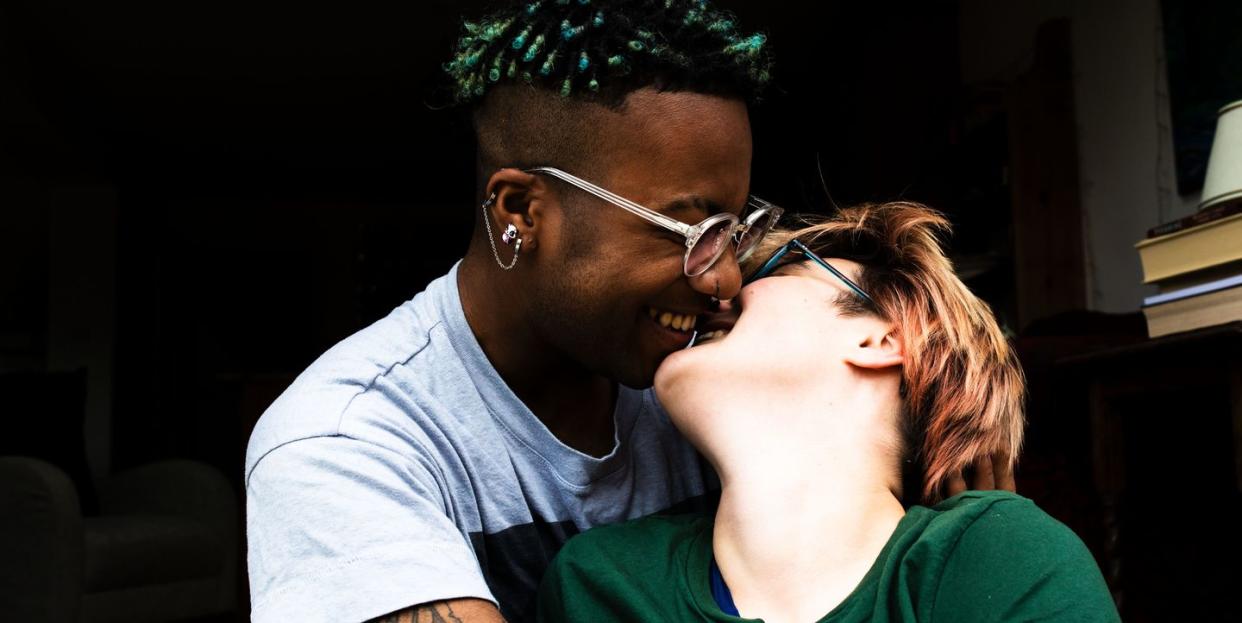
There are many different types of love. And unconditional love is one of those concepts that gets chucked around a lot in books, films and, of course, love songs - but whether it actually exists in real life might seem unrealistic to some people. Plus, if we do hear about unconditional love IRL, it's often associated with the lifelong bond that exists between parents and their children, but can it really work in romantic relationships?
We asked the experts to explain how you'll know if you love someone without conditions, how to love more unconditionally, and how it can actually be toxic.
What is unconditional love?
"Unconditional love means what it says on the tin: loving someone without conditions," explains Laura Vowels, a relationships therapist and principal researcher at sex therapy app Blueheart. So, this might mean loving someone no matter what they do (good or bad), and loving them without expecting any kind of repayment back.
Similarly, Relate counsellor Jayne Hale describes unconditional love as "an expression of love to another with the recipient’s happiness at the heart of it," meaning that you're not thinking about your own benefit or gain.
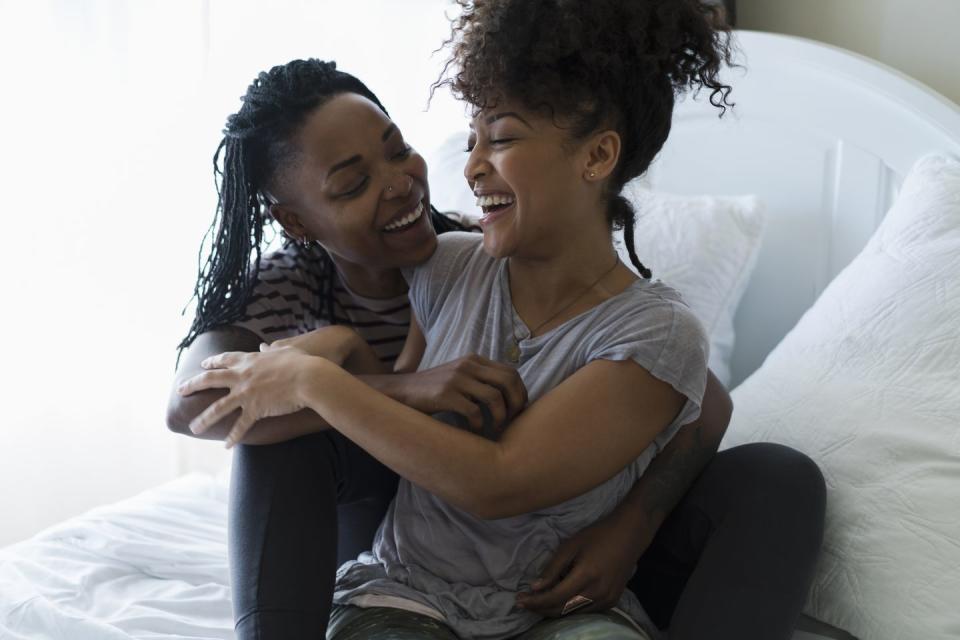
Unconditional love in romantic relationships
As to whether you can love a romantic partner unconditionally, Jayne says, "unconditional love can exist in romantic relationships, but it usually takes time to develop and is often referred to as 'deep love'" - so don't necessarily expect to love someone unconditionally before you've had chance to develop a deep connection.
However, even though unconditional love means loving someone regardless of their flaws, that doesn't mean you shouldn't have boundaries in a relationship. "We all have some conditions and limits, and that’s healthy," explains Laura - and loving someone without any boundaries can seep into becoming an unhealthy or a codependent relationship.
Still, that doesn't mean you can't try to love your partner with fewer conditions when it comes to receiving 'repayment' back. "Striving to love more unconditionally can be incredibly rewarding and lead to a happier and longer lasting relationship," Laura explains - so it's all about the balance.
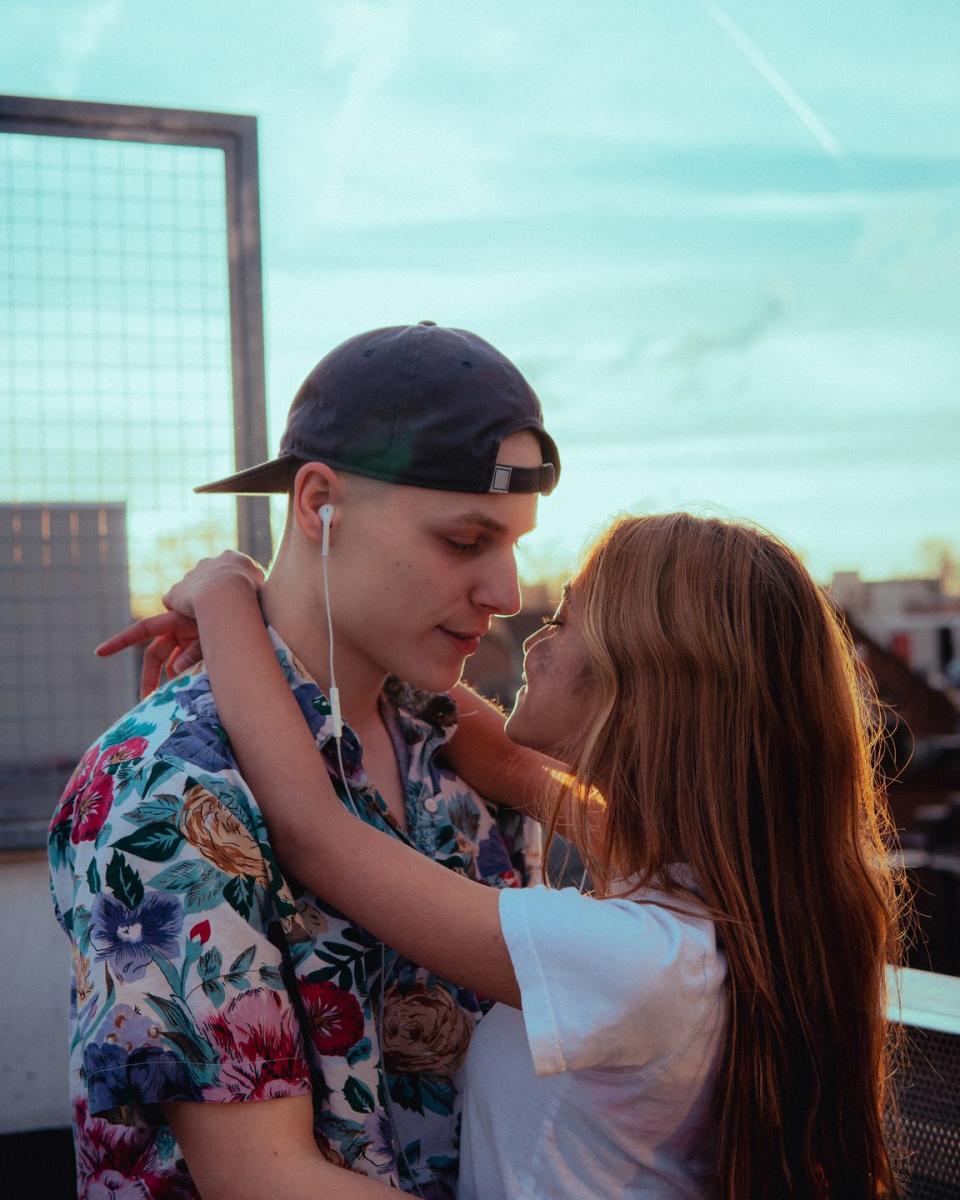
How is unconditional love different from other kinds of love?
When your love for someone isn't unconditional, it means that there are some conditions that the other person has to meet in order for you to love them, or that you expect something in return.
"For example, you might love your friend, but this is because they may listen to you, share similar views and you enjoy similar things. Without these things, you might not love them, and there is certainly an expectation to provide a level of good friendship back," Laura explains.
However, with unconditional love, you love the other person no matter what you receive in return.
How do you know if you love someone unconditionally?
So how can you tell if you really love someone unconditionally? According to Jayne, one sign is knowing that your love for the other person will remain "unchanged", despite any of their flaws or shortcomings.
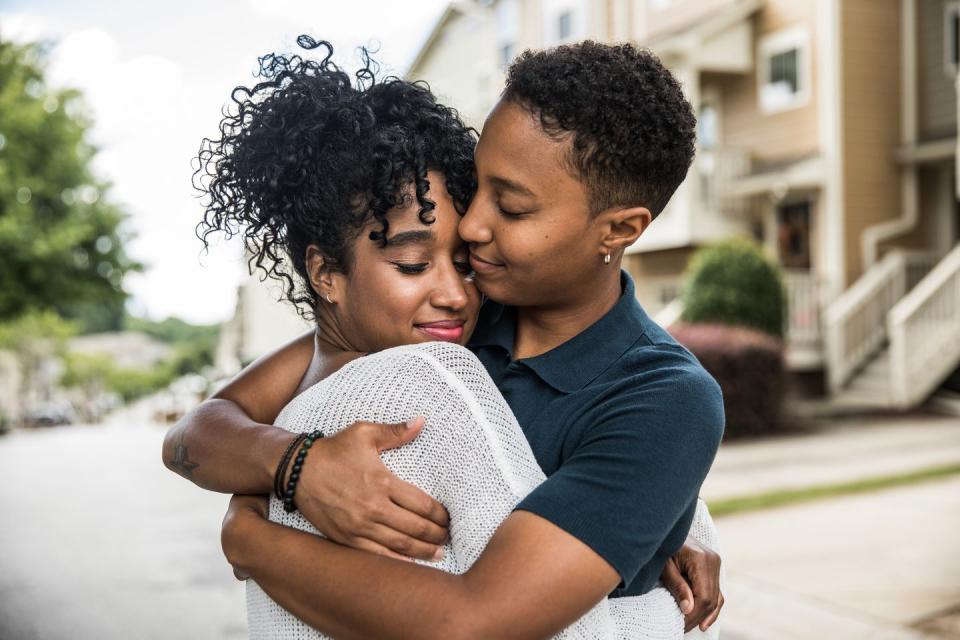
"Loving someone unconditionally also means empathising with them and understanding them. Ultimately, it’s being there for them through the mistakes they make and loving them despite their quirks and flaws," Laura adds.
On the flip side, if someone loves you unconditionally, you'll feel loved without any expectation to reciprocate the other person's actions, Laura explains.
If you're unsure, you can test out how you feel about someone by imagining them without the attributes that first attracted you to them - and seeing whether you'd still love them.
"For example, if one of the defining qualities of you choosing your partner was because of their social status, attractiveness or the income they bring in, unconditional love is dependent on whether you’d still love them and want to be with them if they no longer had these qualities," says Laura.
How can you try to love your partner more unconditionally?
Even if 100% unconditional love isn't totally realistic, we can still try to love our partners a little more unconditionally.
A huge way to do this is by supporting your partner through their failures and mistakes, as well as their successes. "Empathise with them when something goes wrong, and be more understanding when they make mistakes," says Laura.
As to how to actually achieve this, Laura suggests: "talking more openly about how you really feel; being non-judgemental when your partner is sharing their thoughts and feelings; and keeping an open mind when you talk to your partner."
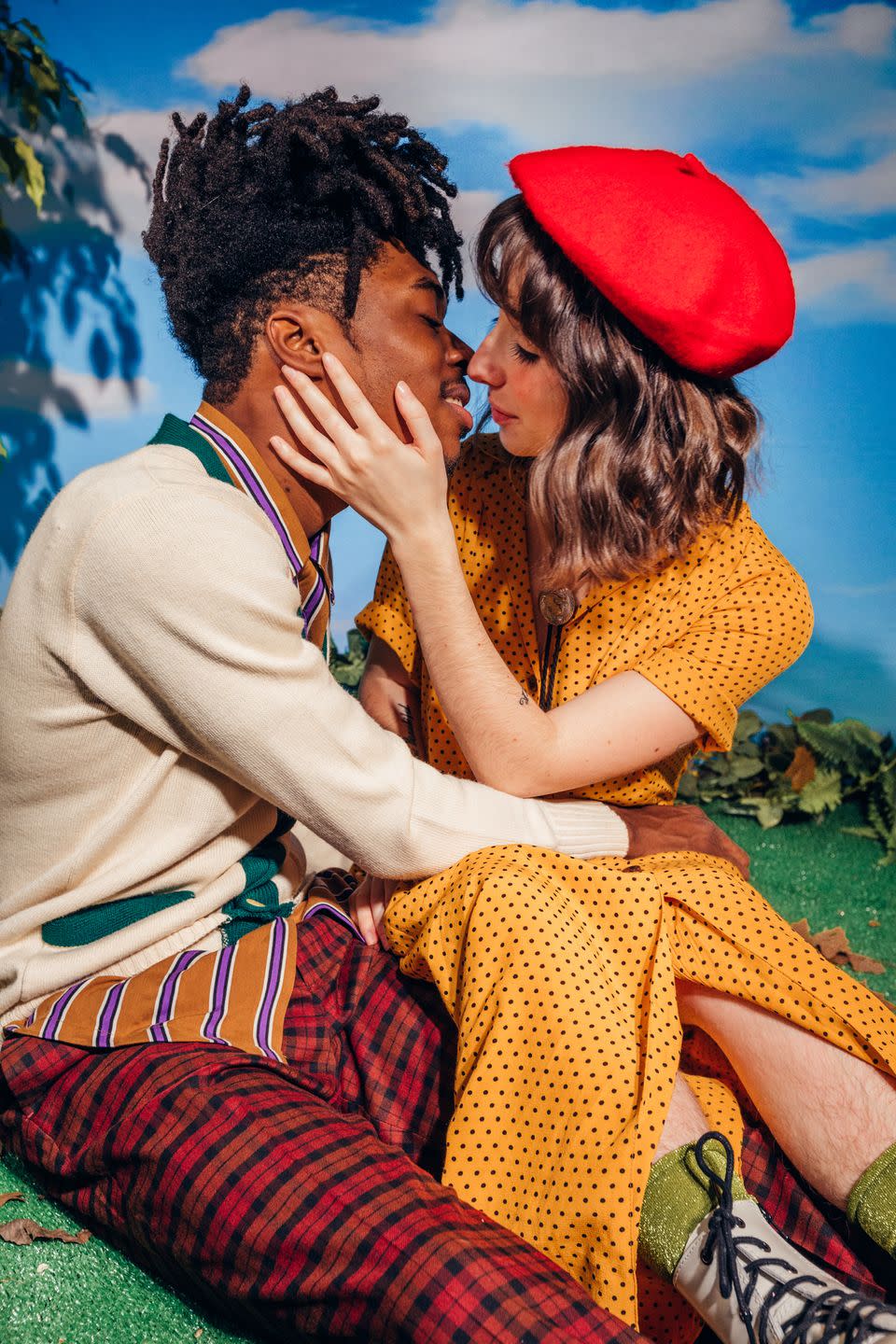
How can loving someone unconditionally be toxic?
Although unconditional love can mean accepting your partner's failures, mistakes and shortcomings, it's important to make sure that so-called 'unconditional love' doesn't cross over into what Jayne calls "blanket tolerance" of unhealthy or toxic behaviour.
In reality, a healthy relationship needs conditions and boundaries in order to stay healthy. "Loving someone unconditionally doesn’t mean you can allow someone to act in a way towards you that damages your physical, emotional or mental wellbeing," Laura explains - and you shouldn't feel that you can't leave an unhealthy or toxic relationship, just because you think you love your partner unconditionally.
"You may still love this person despite their actions towards you," Laura adds, "but that doesn’t mean you should continue the relationship."
Find out more about sex therapy app Blueheart here.
Relate provides relationship counselling to couples, families and individuals. They are also offering FREE 30 minute WebChats with Relationships and Wellbeing Advisors to anyone aged 18+ who is living in England and affected by the COVID-19 pandemic. Find out more at Relate.
SUBSCRIBE HERE to have Cosmopolitan delivered to your door.
Like this article? Sign up to our newsletter to get more articles like this delivered straight to your inbox.
LOOKING FOR YOUR NEXT FAVOURITE PODCAST? LISTEN TO COSMOPOLITAN'S ALL THE WAY WITH... ON APPLE PODCASTS, SPOTIFY, ACAST
You Might Also Like

